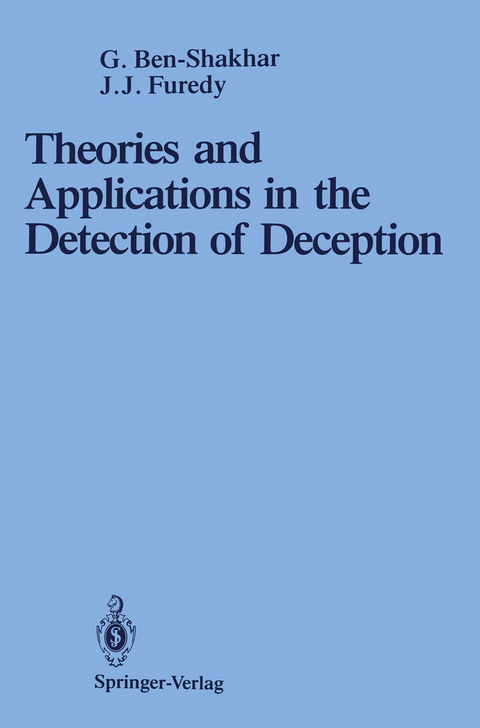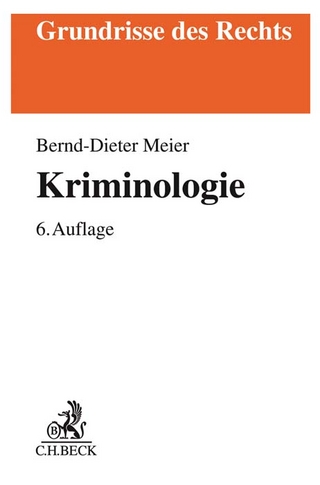
Theories and Applications in the Detection of Deception
A Psychophysiological and International Perspective
Seiten
2011
|
Softcover reprint of the original 1st ed. 1990
Springer-Verlag New York Inc.
978-1-4612-7949-5 (ISBN)
Springer-Verlag New York Inc.
978-1-4612-7949-5 (ISBN)
"Polygraphy;' "lie detection;' and the "detection of deception" are all terms that refer to an application of the science of psychophysiology, which itself employs physiological measures to study and differentiate between psychological processes. The issues raised by polygraphy are controversial. One such issue is whether the polygraph is a genuinely scientifically based application, or merely a purported application, of psychophysiology. Such concerns are of interest not only to polygraph practitioners and to specialists in psychophysiology, but also to such other specialists as those in the legal and forensic professions. Moreover, there are two sorts of nonspecialists who should also be concerned. On the one hand, there are the potential "users" of the polygraph-for example, a manager who employs a polygrapher to check on subordinates; on the other hand, there are those "used by" the polygraph - the employee who is subjected to the poly graphic examination. To begin with the user of the polygraph, this person should know not only about its overall accuracy, but also about the rationales of the various detection methods and their validity for different purposes in different sorts of situations. This infor mation is important, because even for the potential user there are costs as well as benefits. Aside from the lack of trust generated by the polygraph, there have also been successful suits by employees against employers, so there are traps in polygraph usage that employers (and managers) need to keep in mind.
1. History and Description.- 2. A Critical Comparison of the Major Methods of Polygraph Interrogation.- 3. Reliability and Validity of Polygraph-Based Classifications.- 4. Laboratory Studies: Factors Affecting Psychophysiological Detection.- 5. The Detection of Deception: A Psychophysiological, Specific-Effects-Oriented Perspective.- 6. Theoretical Issues in Psychophysiological Detection.- 7. International Usage Contrasts: Cultural Factors.- 8. Beyond Validity: Utility and Legal Considerations in the Application of Psychophysiological Detection.- 9. Future Perspectives.- References.
| Zusatzinfo | XI, 169 p. |
|---|---|
| Verlagsort | New York, NY |
| Sprache | englisch |
| Maße | 155 x 235 mm |
| Themenwelt | Geisteswissenschaften ► Psychologie |
| Medizin / Pharmazie ► Allgemeines / Lexika | |
| Recht / Steuern ► EU / Internationales Recht | |
| Recht / Steuern ► Strafrecht ► Kriminologie | |
| Schlagworte | Polygraph • Rechtspsychologie |
| ISBN-10 | 1-4612-7949-6 / 1461279496 |
| ISBN-13 | 978-1-4612-7949-5 / 9781461279495 |
| Zustand | Neuware |
| Haben Sie eine Frage zum Produkt? |
Mehr entdecken
aus dem Bereich
aus dem Bereich


